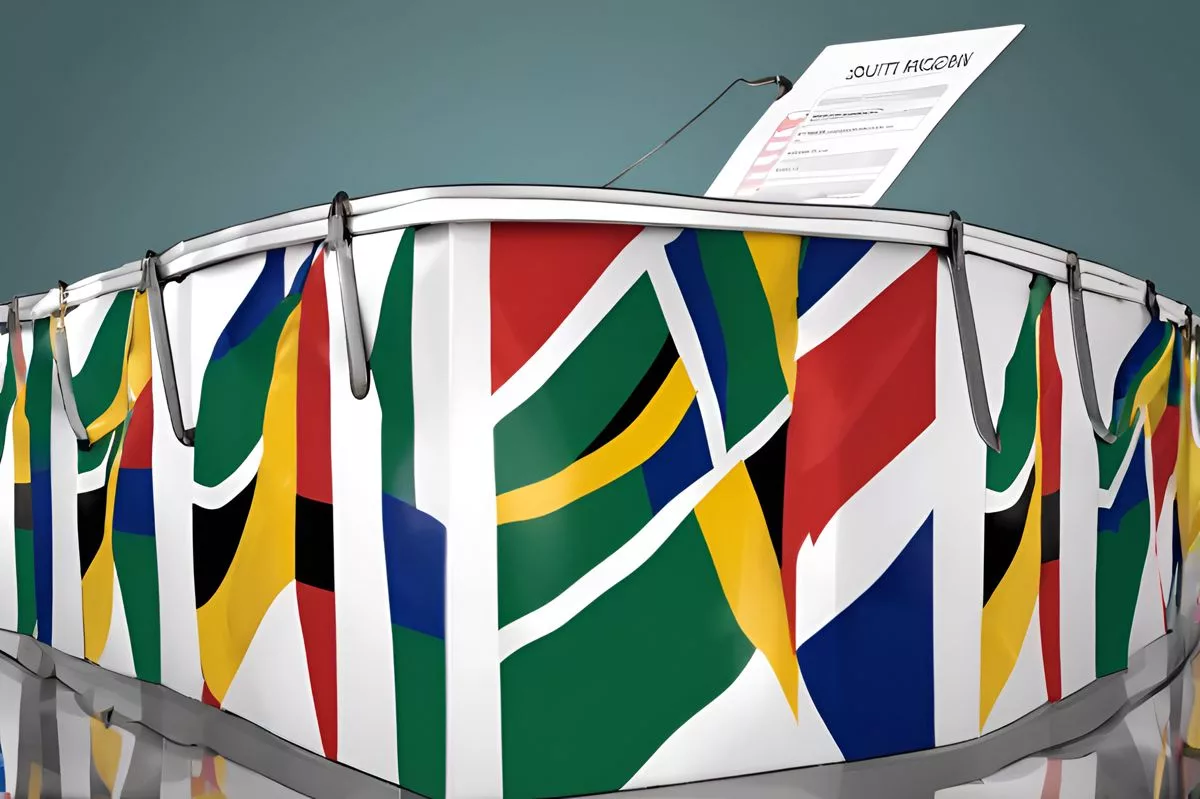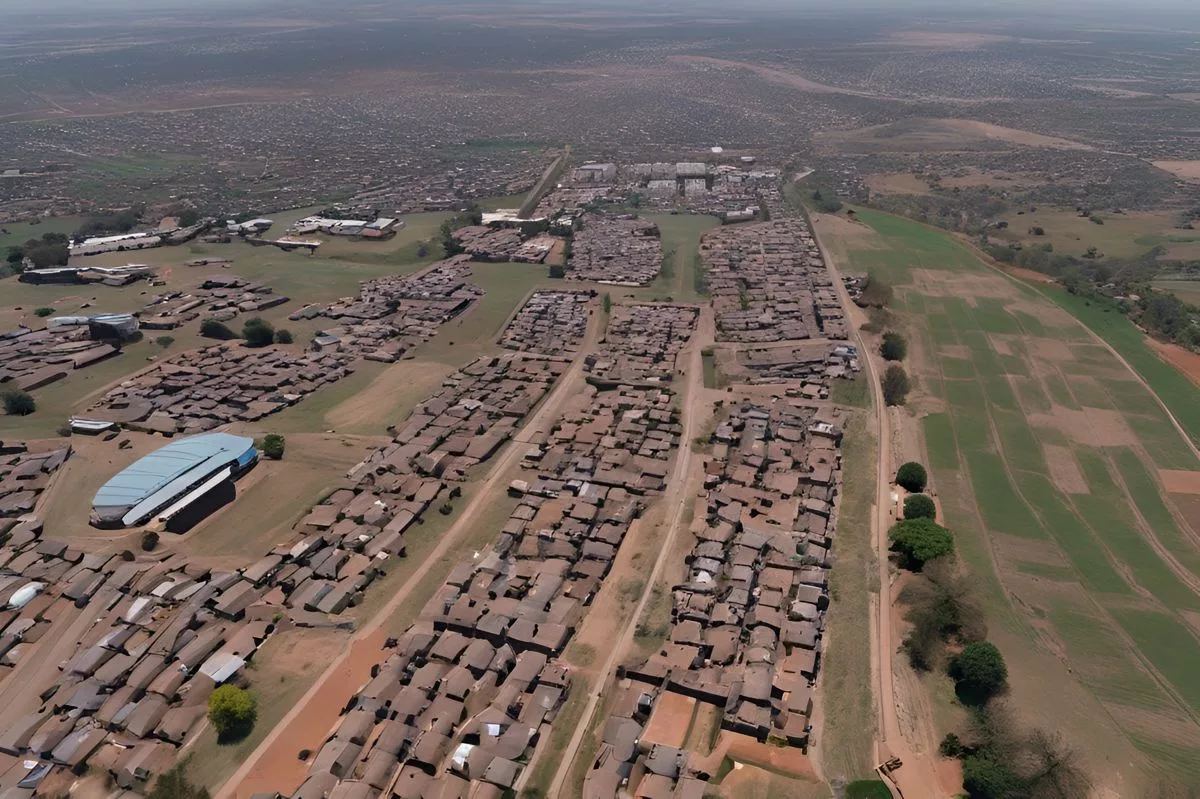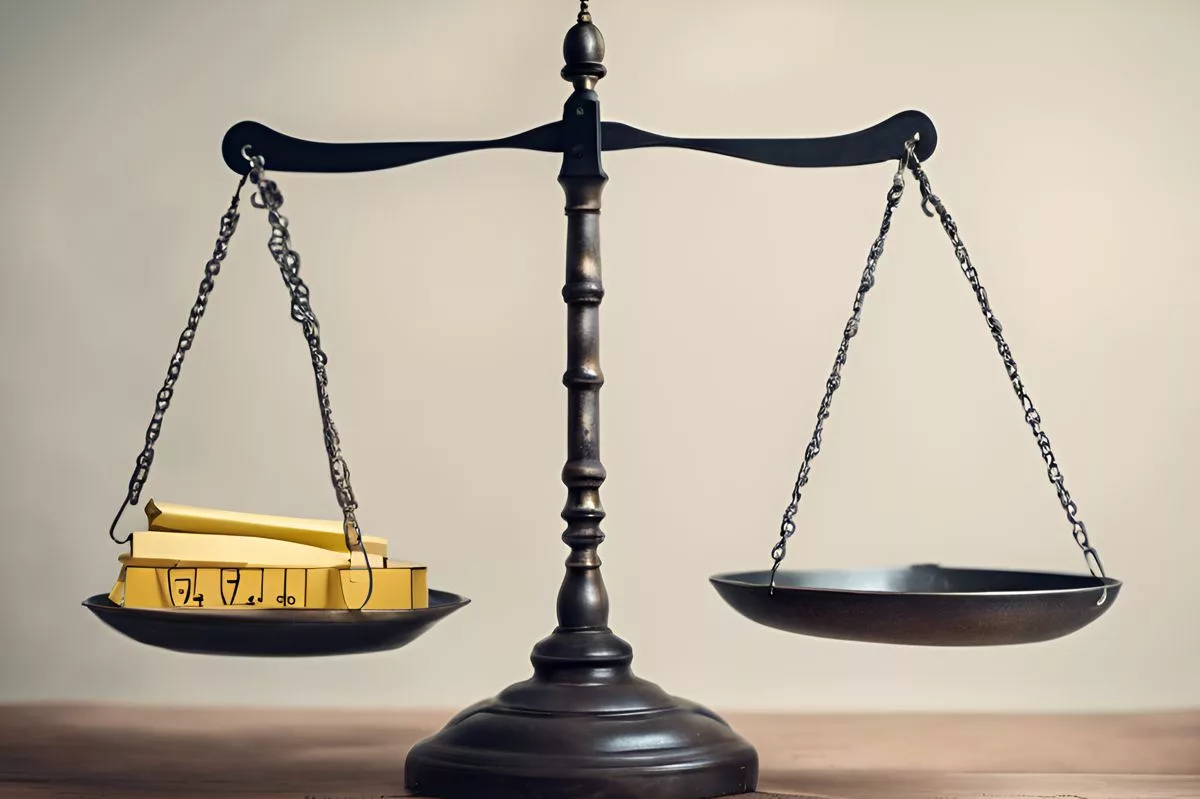South Africa’s Parliament is a symbol of democracy, offering citizens a platform to engage in nation-building and shape the political landscape through their right to vote. The upcoming national and provincial elections coincide with the 30th anniversary of democracy and mark a significant milestone in the nation’s democratic fortitude. Presiding Officers Tsenoli and Masondo inspire citizens to exercise their constitutional right to vote, reminding them that their vote is their voice and chance to select who will represent them. Parliament is more than just a legislative body; it is a guardian of democratic principles, offering a platform for citizens to engage in the mechanisms of nation-building.
The Cornerstone of Democracy
Active participation of the community is key to South Africa’s democracy. The right to vote, an integral part of the Bill of Rights, grants citizens the authority to shape the nation’s political terrain and select their leaders. Parliament serves as a guardian of democratic principles and offers a platform for citizens to engage in the mechanisms of nation-building.
South Africa’s Parliament, bolstered by the integral pillars of democracy, serves as a beacon of the nation’s people’s power. The enthusiasm of Mr. Lechesa Tsenoli and the chairperson of the National Council of Provinces (NCOP), Mr. Amos Masondo, reverberates through the institution’s halls. Their uplifting words inspire eligible South Africans to exercise their constitutional right to vote in the impending national and provincial elections.
The Cornerstone of Democracy
The active participation of the community in the democratic process is key to the nation’s triumphant narrative. The right to vote, set high on our democratic society’s principles, is more than a mere advantage. It is a core political right, an integral part of the Bill of Rights, granting citizens the authority to shape the political terrain and select their leaders.
The upcoming elections mark a significant milestone in the nation’s democratic fortitude. They coincide with the 30th anniversary of democracy and a democratic Parliament in South Africa, a celebration of breaking free from the bonds of apartheid and the victory of progressive legislation dedicated to the improvement of its citizens’ lives. Over the past three decades, Parliament has been working tirelessly to eradicate the remnants of apartheid laws and enact new, forward-thinking laws to enhance the quality of life for all South Africans.
The Voice of the People
As Presiding Officers, Tsenoli and Masondo stir thought and spur action. They remind citizens, “Your vote is your voice, utilize it to secure a promising future for yourself and future generations. Your vote is your unique chance to select who will represent you. Don’t let others dictate your future. Be part of the decision-making process.”
Parliament, the legislative authority of our democratic republic, is obliged to ensure a government that is ‘by the people, for the people’. It is mandated to maintain the purity of democracy and the Constitution. In line with these responsibilities, preparations are well underway to welcome new members and pave the way for a smooth transition to the seventh parliamentary term.
Democracy in Action
Parliament is more than just a legislative body. It is a guardian of our democratic principles. Any individual aged 18 or above can indirectly participate in Parliament simply by casting their vote in the elections. This is the essence of democracy – it welcomes everyone, irrespective of their background, to participate and contribute to the nation’s advancement.
Parliament also offers a platform for citizens to engage with the mechanisms of nation-building, whether it’s through organizing a tour or attending a debate. It is more than just an institution; it’s a representation of the nation’s democratic progress. The doors of Parliament are permanently open to those seeking to participate or observe the democratic process.
One of such dedicated individuals is Mr. Faiez Jacobs, a member of the African National Congress on the provincial list for the province of Western Cape, who is a part of the Portfolio Committee on Small Business Development. His dedication, along with many others, serves as a testament to the level of commitment required to maintain democratic principles.
In South Africa, democracy is not just an abstract idea – it’s a vibrant, living entity that flourishes with citizen participation. As we forge ahead, let’s remember the importance of casting our votes and making our voices heard. The future of our nation hinges on it. Bear in mind that your vote is not just a right, but a duty. Exercise it conscientiously.
1. What is South Africa’s Parliament?
South Africa’s Parliament is a legislative body and a symbol of democracy that offers citizens a platform to engage in nation-building and shape the political landscape through their right to vote.
2. Why is active participation of the community important in South Africa’s democracy?
Active participation of the community is key to South Africa’s democracy as it grants citizens the authority to shape the nation’s political terrain and select their leaders. It is an integral part of the Bill of Rights and serves as the cornerstone of democracy.
3. What is the role of Presiding Officers Tsenoli and Masondo in inspiring citizens to vote?
Presiding Officers Tsenoli and Masondo inspire citizens to exercise their constitutional right to vote, reminding them that their vote is their voice and chance to select who will represent them. They spur thought and action and encourage citizens to be part of the decision-making process.
4. How does Parliament offer a platform for citizens to engage in nation-building?
Parliament offers a platform for citizens to engage with the mechanisms of nation-building, whether it’s through organizing a tour or attending a debate. It is more than just an institution; it’s a representation of the nation’s democratic progress. The doors of Parliament are permanently open to those seeking to participate or observe the democratic process.
5. What is the significance of the upcoming national and provincial elections in South Africa?
The upcoming national and provincial elections mark a significant milestone in the nation’s democratic fortitude. They coincide with the 30th anniversary of democracy and celebrate breaking free from the bonds of apartheid and the victory of progressive legislation dedicated to the improvement of its citizens’ lives.
6. Why is it important to exercise the right to vote in South Africa?
In South Africa, democracy flourishes with citizen participation. It is important to exercise the right to vote conscientiously as it is not just a right, but a duty. The future of the nation hinges on it.













